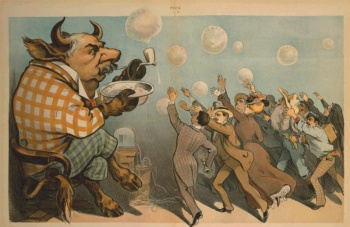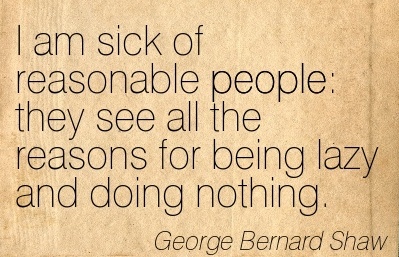This is an expanded and improved version of my comment to the article There is only one dogma of science: truth is better than fantasy. The term “tribe of science” is taken from that blog’s author reply to my comment, as I found his term to be more descriptive and poetic than my original term.

Science exists in two forms. There is the concept of science itself, and there is science as a group belief – the tribe of science. Like one has Christianity as in the bible, and Christianity as a group belief that often has little relation to the bible. There is science as a method or idea, and science as a symbol; a group ideal that one feels connected to.
There are Christians who react with violence to “heathen” behaviour, though the new testament never allows violence, not even as a reaction to violence – one should turn the other cheek! This is Christianity as the group symbol – the reaction does not stem from the belief in Christ, but from the group attachment. Similarly, there are scientists and “Believers in Science” who not only discard but ridicule statements, ideas, experiences and thoughts without as much as considering the possibility of their “truth”, much less trying to disprove them. This is far from how conclusions are reached by scientific means, exactly like the violence and warmongering of many christian groups is far from the teachings of Jesus. There are also those who seem to deny the possibility that current scientific theories may have overlooked/misunderstood something – who in words may say that “according to current knowledge there is no indication that…” while obviously believing and behaving as “there is no possibility that…”.
The kind of behaviour as described above explains why some call atheism and “science” for beliefs: many who profess their conviction in either of these (usually both) display the same type of behaviour, reasoning and closed-mindedness that is often, especially by these people themselves, connected to religiousness. Religious people’s behaviour towards their religion does not, in general, come from the fact that they believe in a God, but because the religion is, as I have called it here, the group ideal. This type of behaviour and attitude comes from humans group behaviour – our tribal nature -, and it is only natural (and reasonable) that such behaviour should occur within “science” as well when it becomes a group ideal. (To be fair though, some concepts/ideals/beliefs are more easily abused by our tribal nature than others).
Religions and political movements have wrongfully been blamed for actions that are generally thought of as a result of the content of a religious/political belief itself, or the nature of religious beliefs. The true culprit is the tribal nature of humans. As discussed in Categorizing Beliefs, if one is concerned about people’s behaviour, beliefs should be classified according to the relevant properties – making the psychological attachment more important than philosophical content. According to internal, psychological criteria, “science” or “evolution” can be a belief equally well as Islam.
Tell your friends. Be a show-off:
 The image of politicians and rich businessmen who rub their hands as they consciously conspire to knowingly harm innocents, steal from the poor and commit great injustice to society in order to get more money and power for themselves is a common one. One often thinks that they know themselves how harmful and detrimental their actions are, and know how to do things in a way that is better for society, but simply do not care. They care only about their bank account.
The image of politicians and rich businessmen who rub their hands as they consciously conspire to knowingly harm innocents, steal from the poor and commit great injustice to society in order to get more money and power for themselves is a common one. One often thinks that they know themselves how harmful and detrimental their actions are, and know how to do things in a way that is better for society, but simply do not care. They care only about their bank account.






